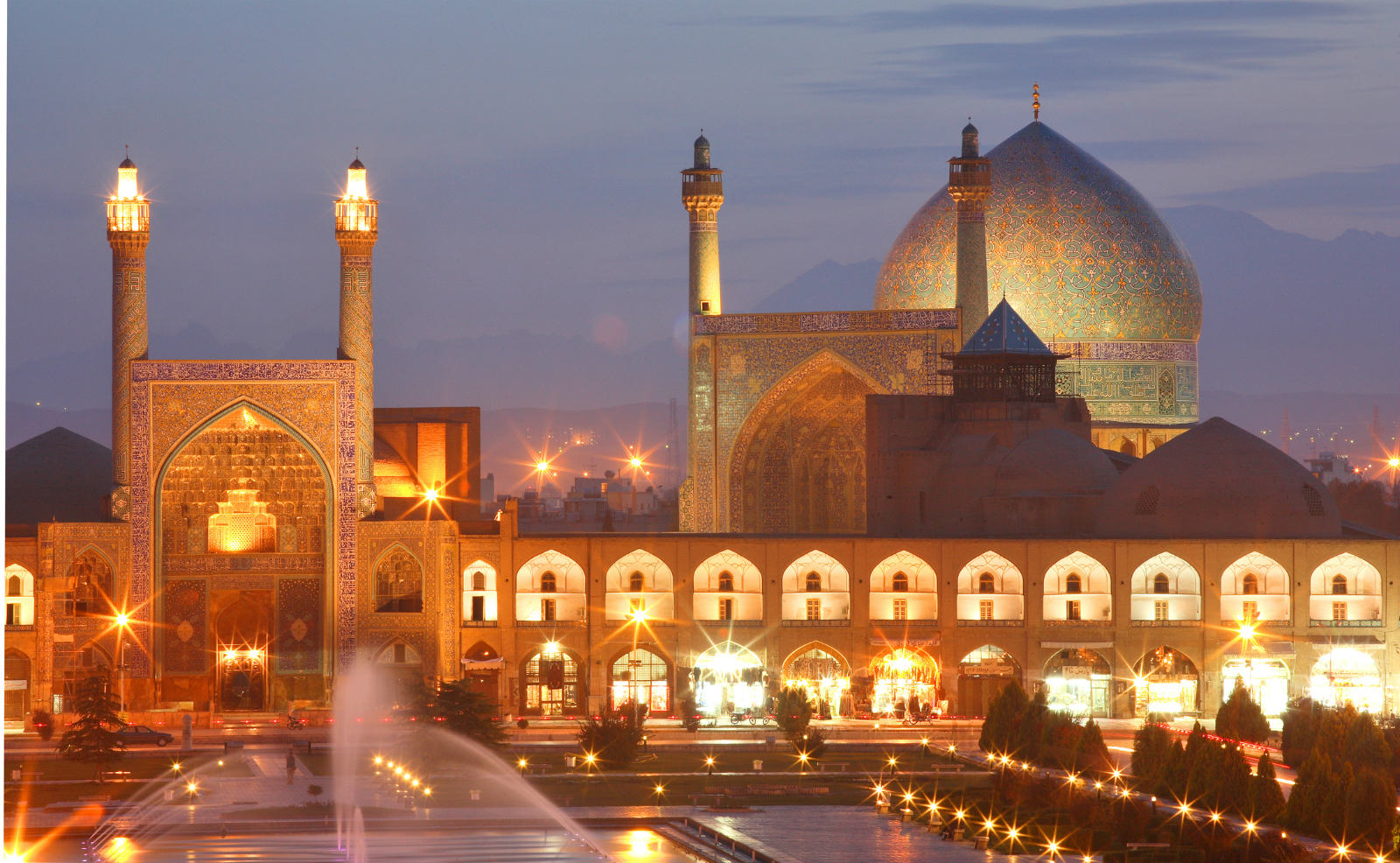
Introduction
Cyprus, the third largest island in the Mediterranean Sea, has long been recognised for its rich history, stunning landscapes, and vibrant culture. In the past few years, the island has become increasingly important in regional geopolitics, particularly concerning energy exploration and tourism recovery post-COVID-19. With its strategic position and diverse offerings, Cyprus remains a relevant topic of discussion in both local and international contexts.
Current Events
As of late 2023, Cyprus has been actively engaged in negotiations regarding hydrocarbon exploration in the Eastern Mediterranean. Following the discovery of substantial natural gas reserves, various countries have shown interest in collaborating with Cyprus on these ventures. The Republic of Cyprus has signed several agreements with neighbouring countries, including Israel and Egypt, to jointly develop resources and enhance energy security in the region. These developments are significant as they aim to diversify energy supplies and reduce dependency on less stable energy sources.
Moreover, tourism has begun to rebound with increased international travel, revitalising a sector that was severely impacted by the pandemic. The Cypriot government has launched campaigns to attract visitors by promoting its historical landmarks, beaches, and unique cuisine. As travel restrictions ease globally, the island is witnessing a resurgence in interest, particularly from European nations, further solidifying Cyprus as a top travel destination.
Geopolitical Landscape
The geopolitical landscape around Cyprus remains complex. Recently, tensions between Turkey and Greece over territorial waters have drawn international attention. The Cypriot government continues to advocate for a peaceful resolution to the longstanding division of the island, addressing the concerns of both the Greek and Turkish Cypriot communities while garnering support from the European Union.
Conclusion
Cyprus stands at a crossroads, balancing its historical significance, modern challenges, and future aspirations. The ongoing discussions around energy resources represent a potential boon for the island’s economy and geopolitical standing. Simultaneously, the recovering tourism sector promises to reinvigorate local businesses and enhance cultural exchange. As developments unfold, readers can expect Cyprus to remain a focal point of interest for both political analysts and travelers alike, as it navigates the complexities of its past while embracing a promising future.
You may also like

Understanding the Current Political Landscape in the UK

Current Events: What’s Happening in Iran

Key Developments and Current Events in Iran
SEARCH
LAST NEWS
- Remembering Wendy Richard: The Promise to Co-Star Natalie Cassidy
- How Did Anglian Water Achieve an ‘Essentials’ Rating for Mental Health Accessibility?
- Shai Hope Leads West Indies in T20 World Cup Clash Against South Africa
- What We Know About Weston McKennie: Future at Juventus and Past at Leeds
- What We Know About the Upcoming Live Nation Antitrust Trial